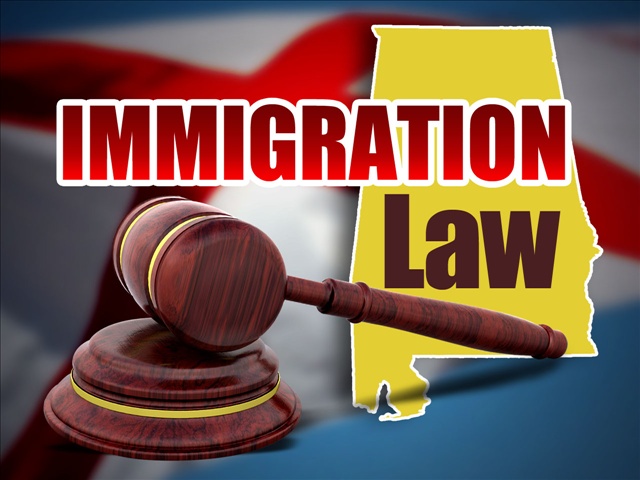<p style="text-align: justify;">An economic migrant is someone who moves from one country to another for employment and this is different to someone entering the UK seeking asylum. Anyone entering the UK as an economic migrant should look into the UK immigration law surrounding this issue to ensure that the process runs smoothly.</p>
<h2><strong>UK Immigration Laws</strong></h2>
<p>The UK immigration laws are the laws that govern who can enter the country, work in the country and ultimately stay in the country.<br />
<strong><br />
There are two primary types of asylum seekers, namely:</strong><br />
1.Those who are fleeing their homeland because they are in danger<br />
2.Those who want to enter the UK for economic purposes<br />
People who declare themselves as an &#8216;economic&#8217; migrant can still be legally refused entry into the UK under UK immigration laws. A valid work visa must be obtained to be able to work legitimately in the UK and it is vital to check out the current laws surrounding work permits and visas before you attempt to enter the country.</p>
<h2><strong>Work Permits</strong></h2>
<p>The points-based immigration system controls who is permitted to enter the UK for work reasons and who is not. In order to get a valid work permit, one must have a job offer from a viable employer based in the UK. A work permit will only be provided to applicants to carry out a specified role within a company and here are some notable points related to the system:<br />
Applicants for a work permit must be able to support and provide accommodation for themselves and their accompanying dependants<br />
The company employing the applicant must make the application for the work permit<br />
Potential migrants who don&#8217;t currently have a valid job offer can turn to the Highly Skilled Migrant Programme for assistance<br />
A migrant who makes a successful application for a work permit but who after arrival wishes to change their employer will need to ensure that their prospective employer applies to transfer the work permit via the UK Border Agency. It is important to note that this application must be made before the applicant begins working for the new employer.</p>
<h2><strong>Long Term Residence Visas</strong></h2>
<p>Anyone looking to apply to become a long term resident in the UK must fall into the following categories:<br />
The applicant must pass a test that tests them on their knowledge of the English language and life in the UK<br />
The applicant must have lawfully been in the UK for at least 10 years<br />
The applicant must not be refused (under the laws that govern UK immigration) through general grounds for a refusal<br />
If there is any reason why granting this type of visa to an applicant is against the good of the public, then the application may be refused.<br />
Living and working in the UK is appealing to many people outside of the country and the UK immigration law that governs the sector control the amount of successful applicants based on individual circumstances.<br />
Maria John writes about UK immigration law for a wide variety of websites and blogs. As a successful writer, she aims to share her in-depth knowledge of the governing laws to help potential applicants to understand what they need to do.</p>

A Look at UK Immigration Laws Surrounding Economic Migrants
